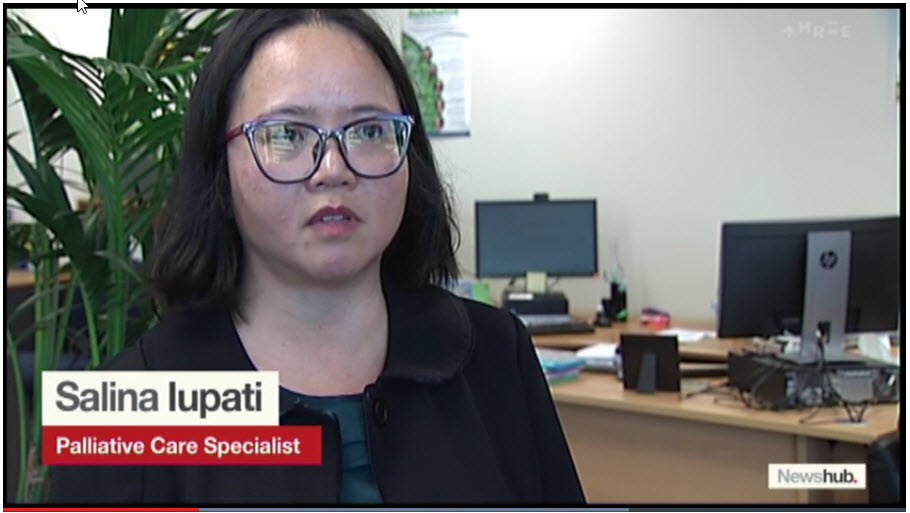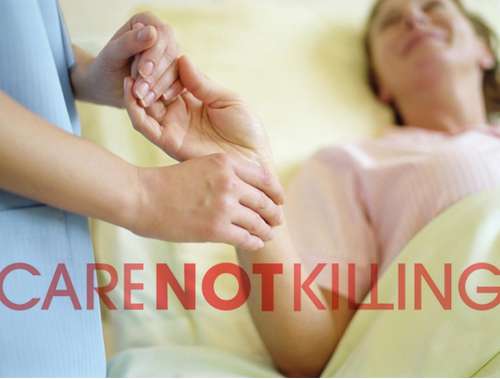
NewsHub 27 April 2018
Family First Comment: Dear David Seymour, anyone who claims assisted dying already happens in New Zealand is peddling fake news.
Yep!
www.protect.org.nz
Anyone who claims assisted dying already happens in New Zealand is peddling fake news, a palliative care expert says.
A panel of specialists says the End of Life Bill going through Parliament is dangerous and the burden on doctors to assist a patient to die is too great.
Dr Selina Lupati is a palliative medicine specialist and says the risks in the Bill – or any legislation around assisted dying – are too great.
She says the Bill is asking doctors to make decisions that are irreversible, with less rigour than is applied to imprisoning someone in the justice system.
“Medicine is not an exact science – we make mistakes in making diagnosis, we make mistakes in prognostication.”
She is part of a panel of those working in palliative care who say public debate has been dominated by euthanasia advocates – and glossed over obvious flaws in the proposed law.
Aged Concern reports 1500 cases of elder abuse and says 75 percent of alleged abusers are family members.
READ MORE: http://www.newshub.co.nz/home/health/2018/04/euthanasia-bill-risks-are-too-great-expert.html








